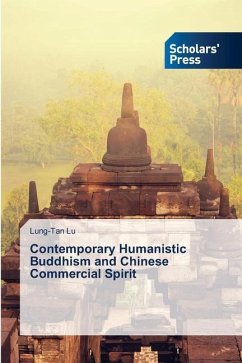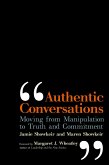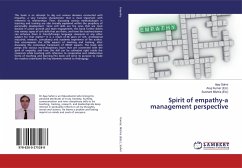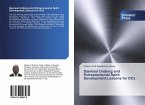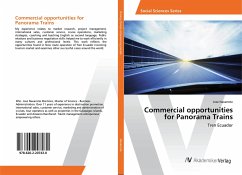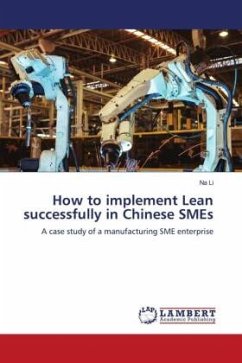Humanistic Buddhism is a contemporary movement within Buddhism that emphasizes the potential for individuals to generate positive change in their own lives and society through practicing Buddhist teachings and values. Master Hsing Yun said: "The so-called Humanistic Buddhism is the Mahayana Buddhism of the bodhisattva way... Humanistic Buddhism attaches great importance to the purification of moral thoughts in life and the sublimation of spirituality." Master Hsing Yun's thoughts on Humanistic Buddhism can be approximately summarized into the following points. Firstly, the Sakyamuni Buddha is the enlightened being in the human world, and Buddhism is in the human world; Moreover, Buddhism attaches great significance to human life. Secondly, the conception of Humanistic Buddhism comes from the Sakyamuni Buddha. Thirdly, Humanistic Buddhism is practical Buddhism. This study attempts to explore the relationship between the concept of wealth (the way of financial management) proposed by Master Hsing Yun.

